Criminal Law – Your Quick Guide to Crime, Defense, and Free Help
Got a question about criminal law? Maybe you’re wondering what counts as a crime, how a defense works, or where to get help when money’s tight. You’re in the right spot. Below we break down the basics, point you to useful tools, and give you a game plan for finding the right lawyer without the jargon.
Finding the Right Criminal Lawyer
First thing you need to know: you don’t have to figure this out alone. If you’re charged with a crime, start by asking if you qualify for a public defender. Most states provide a court‑appointed lawyer for anyone who can’t afford a private attorney. The process usually involves filling out a financial‑eligibility form at the courthouse. It’s quick, and the judge decides right there.
If you can pay a little, consider a private criminal lawyer who offers a flat fee for certain cases. Flat fees give you a clear idea of the total cost up front, unlike hourly rates that can balloon. When you call a lawyer, ask about their experience with the specific charge you face – a DUI lawyer isn’t the same as a white‑collar crime attorney.
Don’t forget the “lawyer near me” search. Look for reviews that mention communication, not just success rates. A lawyer who explains your options in plain language is worth more than one who talks in legalese.
Free Legal Help & Pro Bono Options
When money is a real barrier, free legal aid exists. Legal aid societies, many of which are attached to law schools, provide volunteer lawyers for low‑income clients. These services often focus on cases like theft, assault, or drug charges. To tap into them, call your local legal aid office and ask about a “criminal defense intake.” They’ll walk you through the paperwork.
Pro bono programs are another gold mine. Some private firms set aside a few hours each month to take on cases for free. You can find pro bono listings on the state bar association’s website or by contacting the law school’s clinic. Remember, pro bono slots are limited, so be ready with all your documents – police reports, court notices, and any evidence you have.
Lastly, many nonprofit groups run “Know Your Rights” workshops. They teach you how to speak to police, what to expect in court, and how to request a public defender. Attending a workshop can save you hours of confusion later on.
In a nutshell, criminal law doesn’t have to be a maze. Start with the public defender route if you can’t pay, explore flat‑fee private lawyers if you have a bit of cash, and always check for free legal aid or pro bono help. Use the resources on this page – articles on federal investigations, racketeering, and the cost of criminal lawyers – to get a clearer picture of your situation. Stay informed, ask the right questions, and you’ll be better prepared to protect your rights.
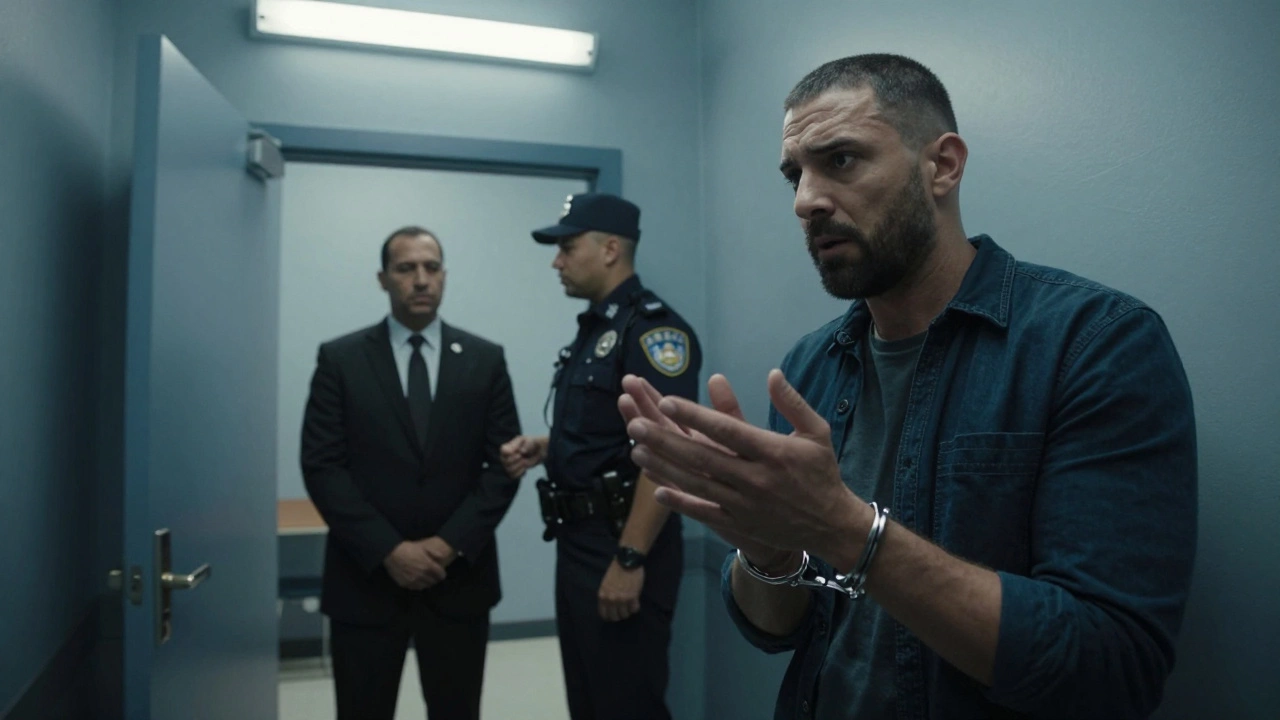
What Amendment Guarantees the Right to a Lawyer? Understanding the Sixth Amendment
The Sixth Amendment guarantees your right to a lawyer in criminal cases. Learn how this constitutional protection works, when it applies, and what happens if it's denied. Includes real-world examples and common misconceptions.
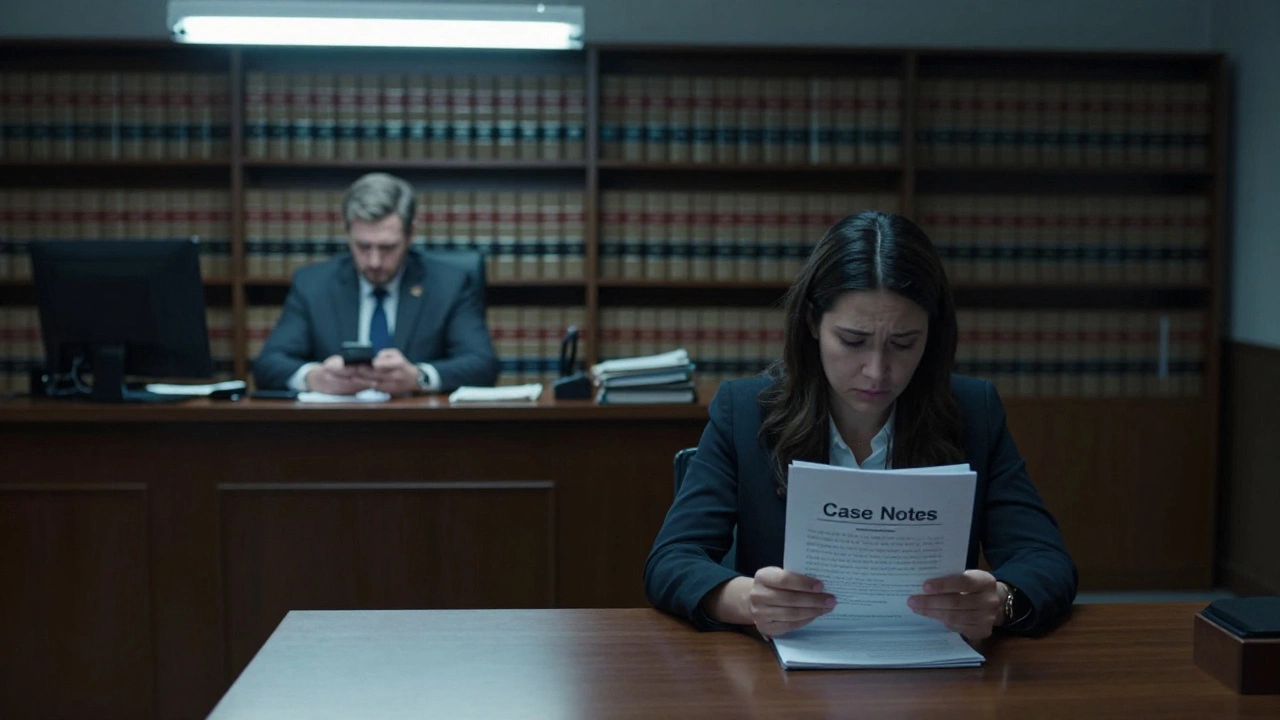
How to Spot a Bad Criminal Lawyer Before It's Too Late
Learn the real signs of a bad criminal lawyer-poor communication, empty promises, no strategy-and how to find someone who actually fights for you. Don’t risk your freedom on the wrong person.
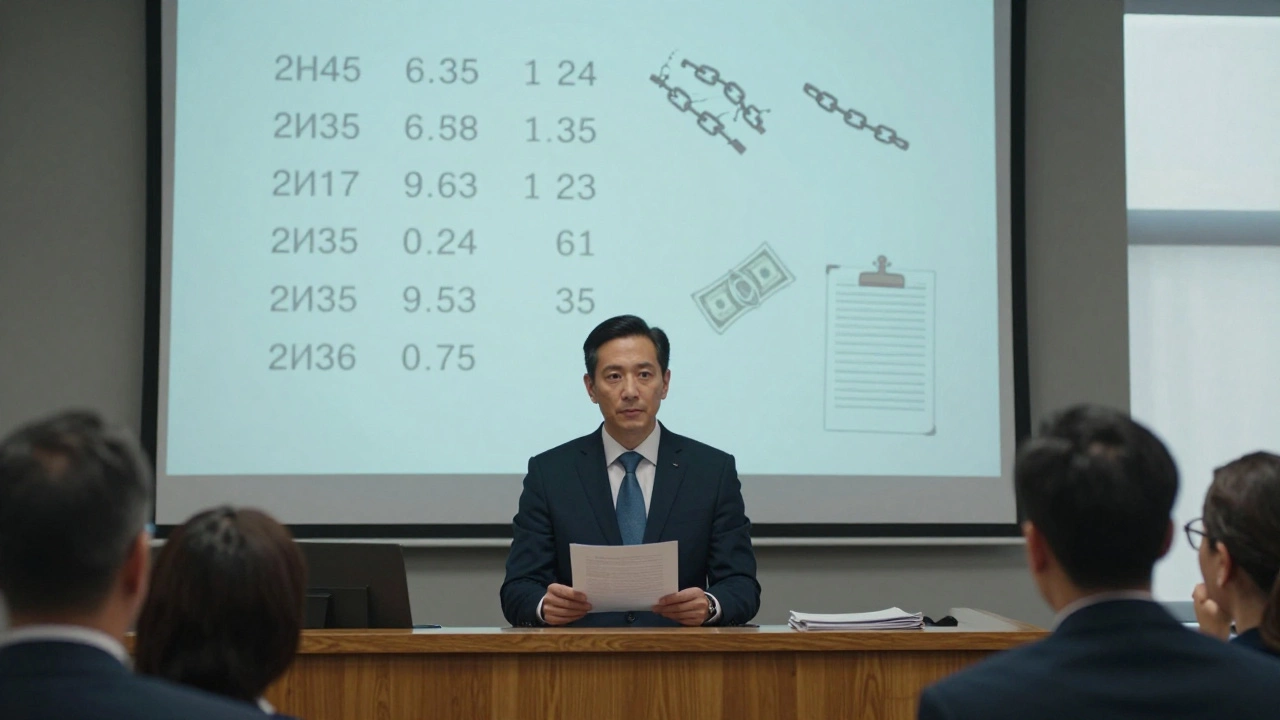
Has Anyone Ever Beaten a Rico Charge? Real Cases and How It’s Done
People have beaten RICO charges by breaking the pattern of crimes, challenging the existence of a criminal enterprise, and exploiting legal loopholes. Real cases show it’s possible - but only with the right defense.

What Is the Easiest Career in Criminal Justice?
Discover the easiest careers in criminal justice that don’t require a law degree or high-risk duties-like court clerk, corrections officer, and probation officer. Stable, safe, and accessible with minimal training.

Best Degree for a Criminal Law Career
Explore the best degree options for a criminal law career, compare LLB, JD and related programs, and get a step-by-step guide to choosing the right path.
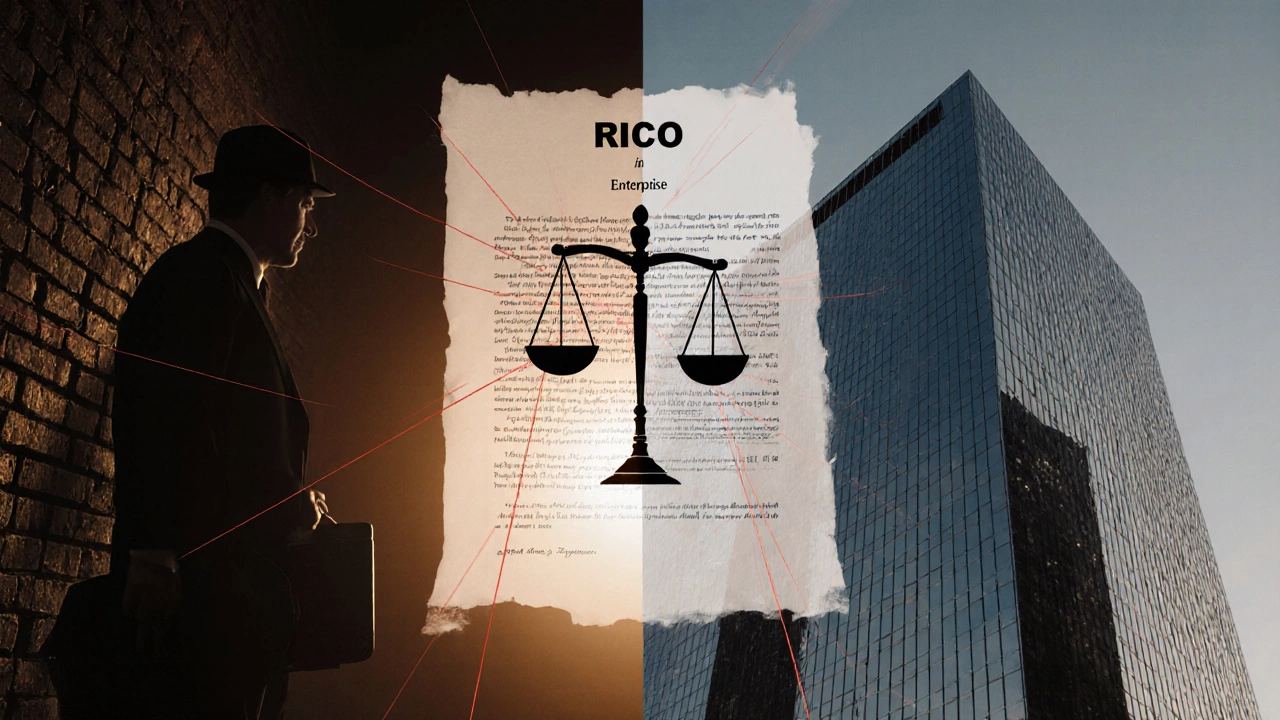
RICO Charge Explained: What It Is, Penalties & Defenses
Learn what a RICO charge means, its key elements, penalties, real cases, defenses, and civil remedies in a clear, actionable guide.
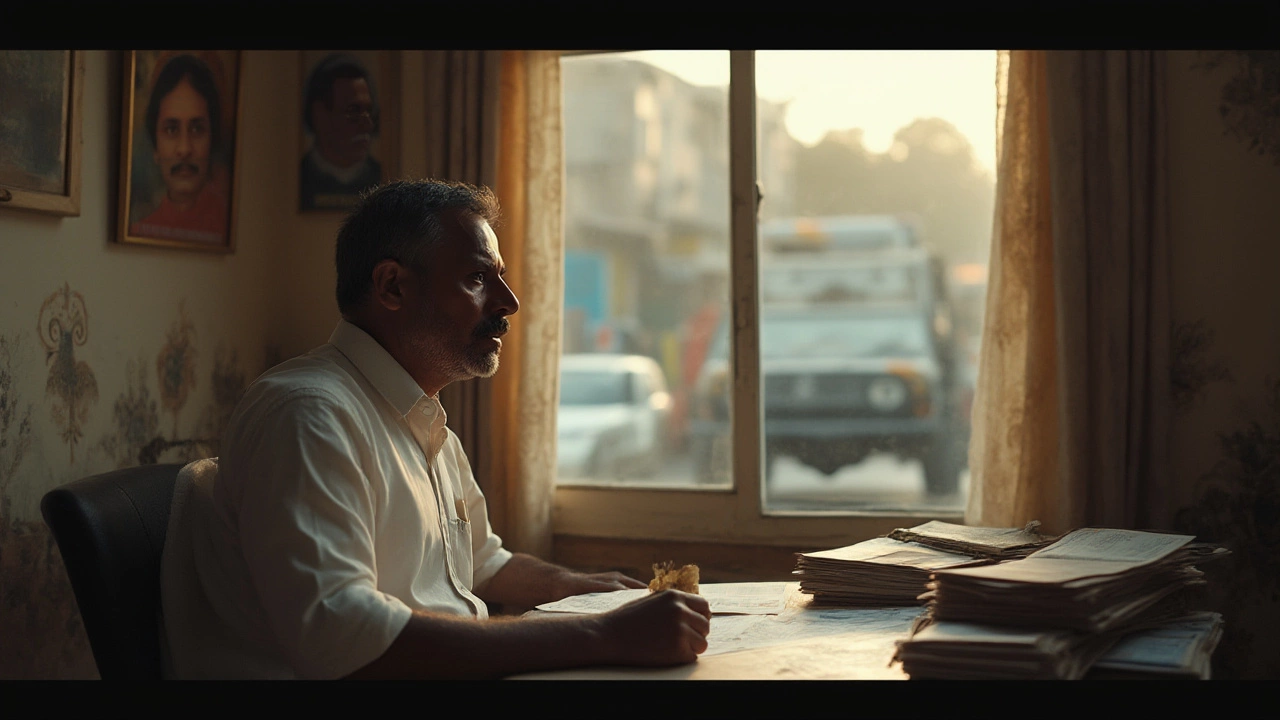
Signs Someone Is Under Federal Investigation: How to Spot the Clues Early
Wondering if someone is being investigated by federal authorities? Learn the subtle signs and what to do if you notice them. Straight talk, no fluff.
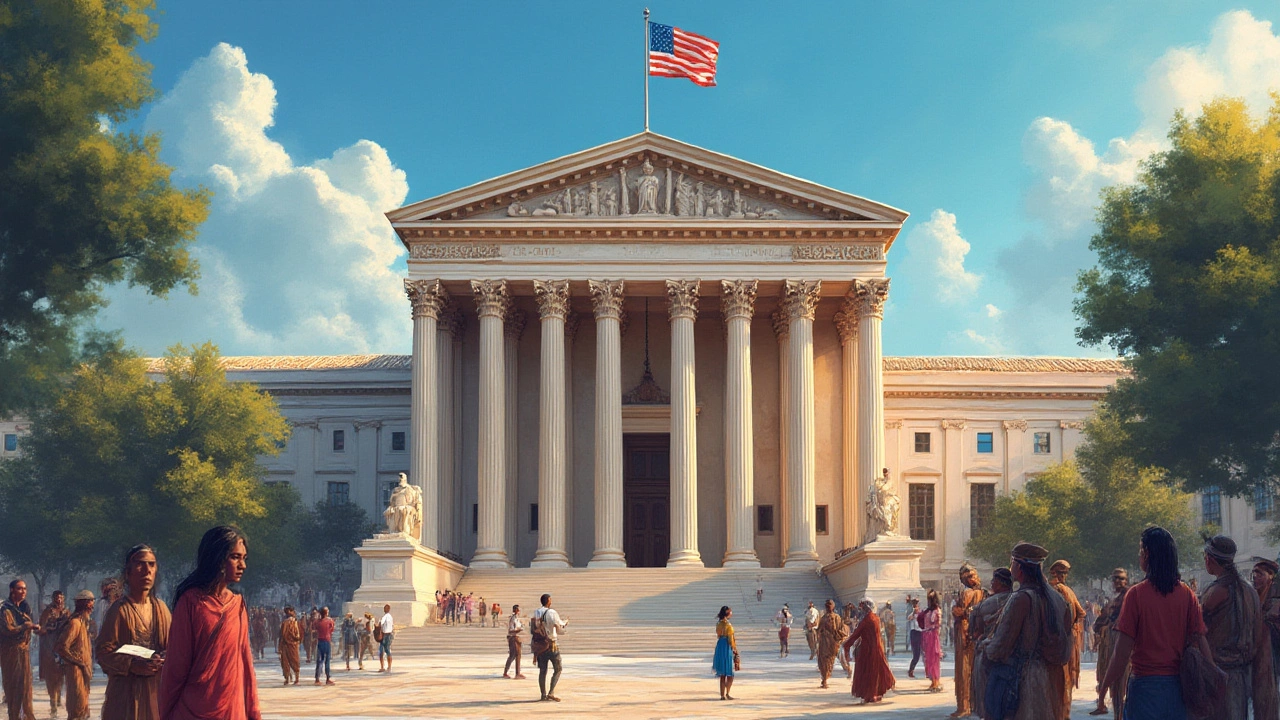
What is a Federal Violation? Laws, Examples, and What You Must Know
Explore what counts as a federal violation, how federal crimes differ from state offenses, and what happens if you break federal law in the US.
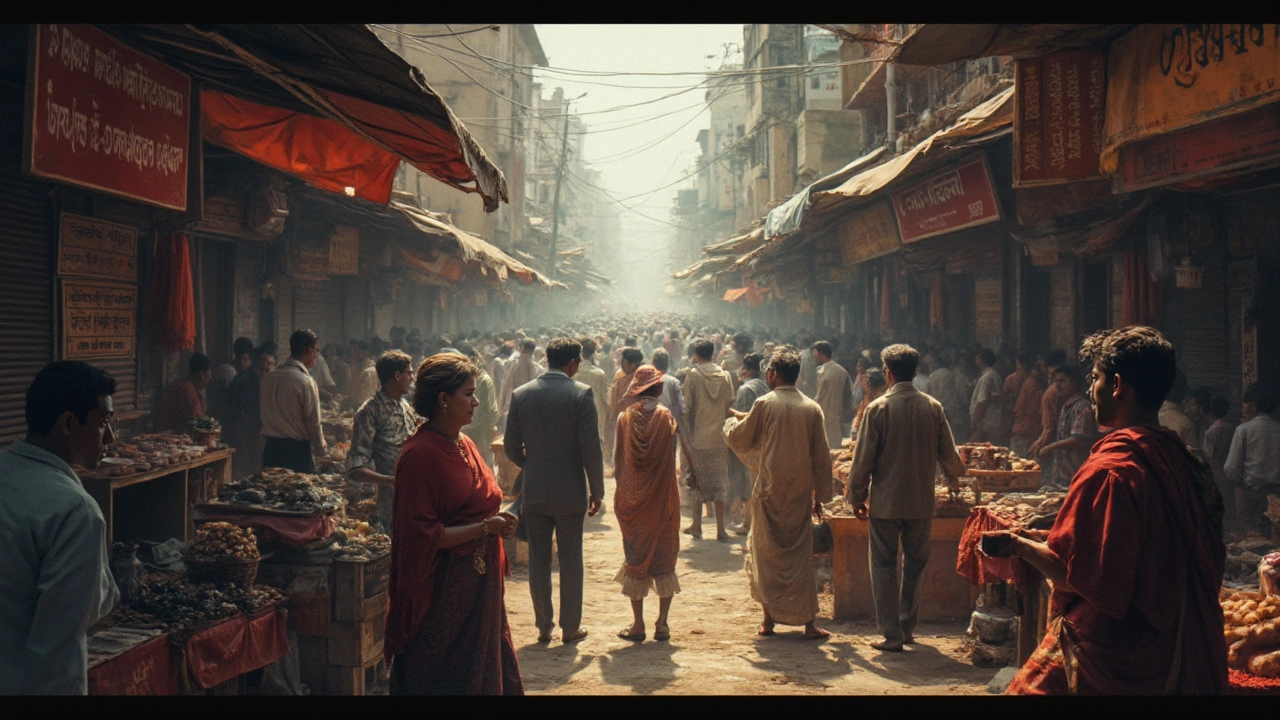
Understanding the Three Main Types of Racketeering: Organized Crime Explained
Explore the three types of racketeering, their tactics, and real-world examples. Learn how organized crime operates and how the law battles back.
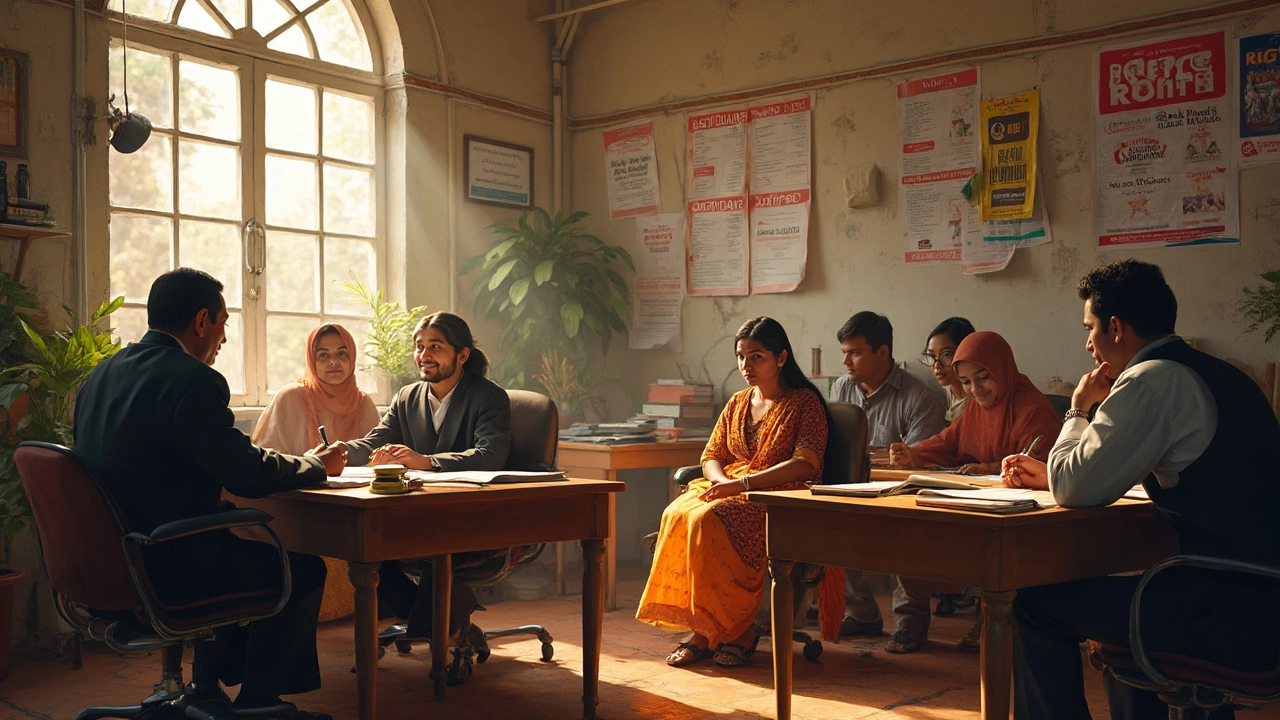
Pro Bono in Law: What It Means and Why It Matters
Ever heard the term 'pro bono' thrown around by lawyers? It's more than just a fancy phrase. This article breaks down what pro bono means in law, how it works in criminal cases, and why some lawyers take cases for free. You’ll learn who qualifies for pro bono help, how to find a lawyer offering it, and what to expect if you’re thinking of reaching out for legal support. Get real tips and facts about pro bono legal aid without all the jargon.
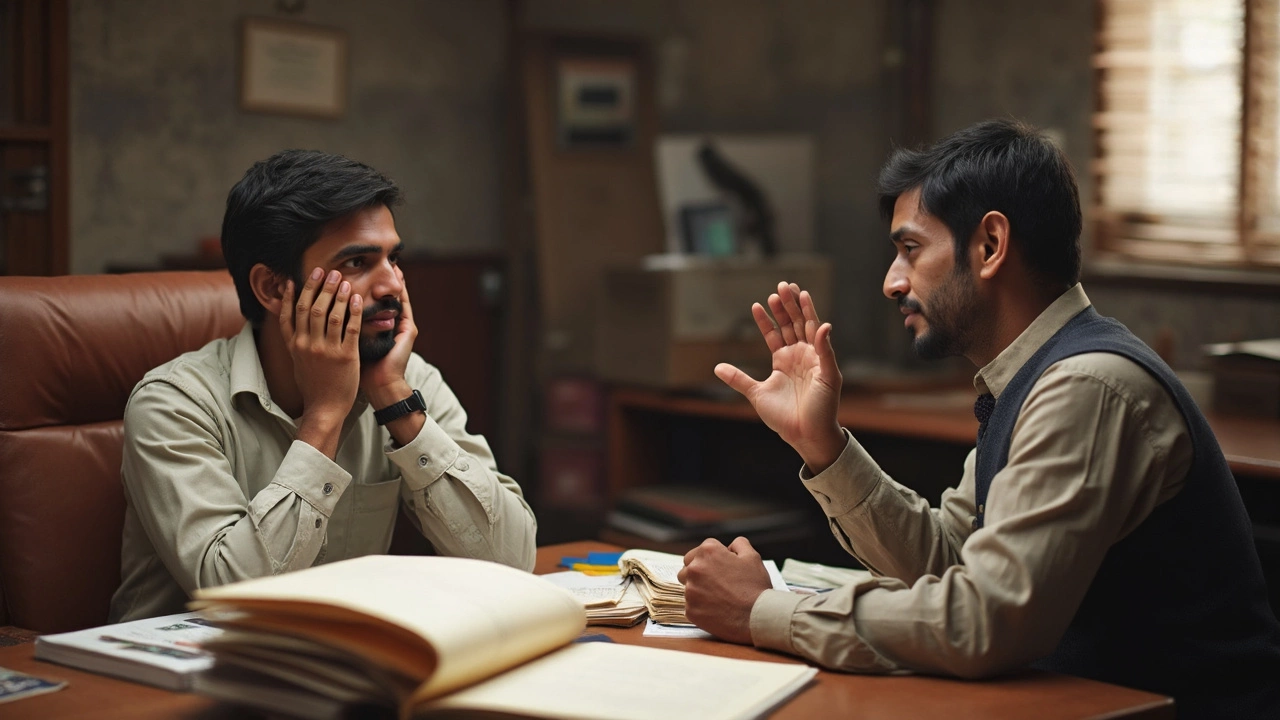
Criminal Lawyer Near Me: Who Represents Defendants Who Can't Afford One?
Ever wonder what happens if you get charged with a crime but don’t have money for a lawyer? This article breaks down exactly who steps in to represent you and how the whole system works. You’ll learn the difference between public defenders, court-appointed lawyers, and legal aid. Get practical info and tips if you find yourself or someone you care about in that tough spot. No jargon, just clear information to help you understand your rights and your options.
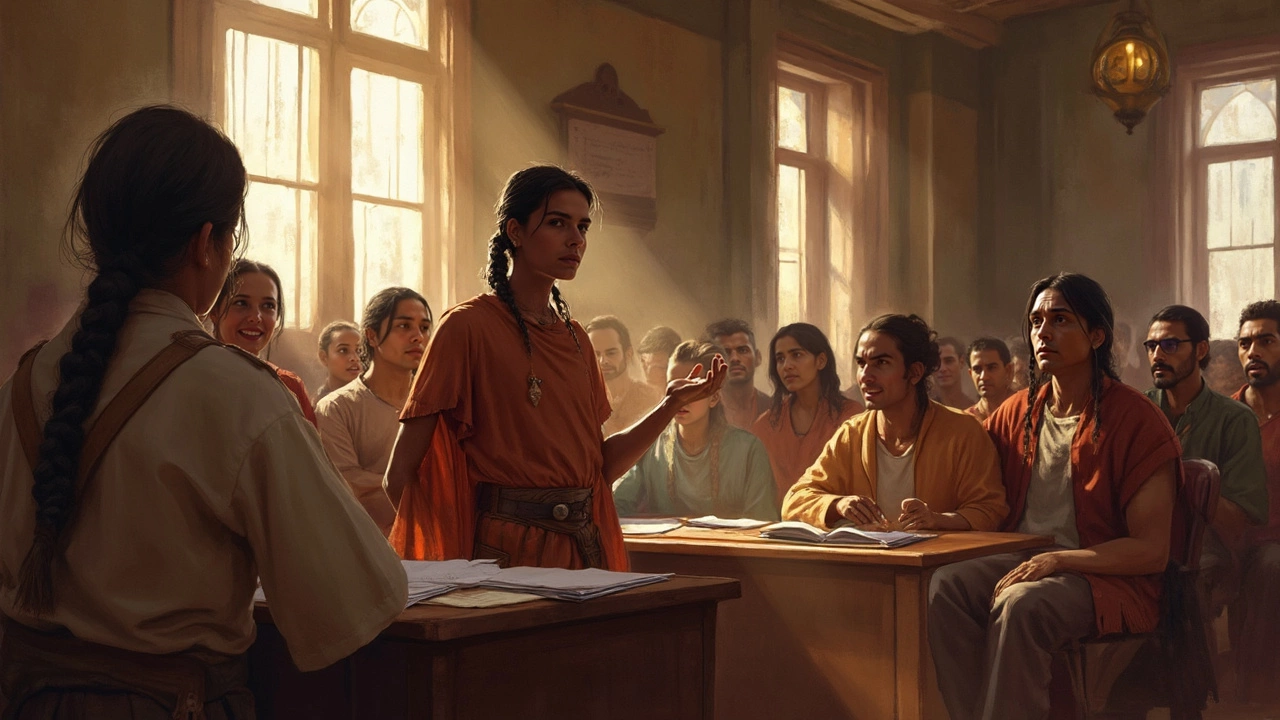
Has Anyone Been Their Own Lawyer and Won? Criminal Lawyer Insights
Ever wondered if someone has managed to win their own criminal case without a lawyer? This article digs into real-life pro se wins, why people try it, the risks involved, and practical tips if you're thinking of going solo in court. We share how some pulled it off, what you need to watch out for, and expert ideas if you ever find yourself facing charges. If you want to know if it's actually possible to beat the system by yourself, read on.